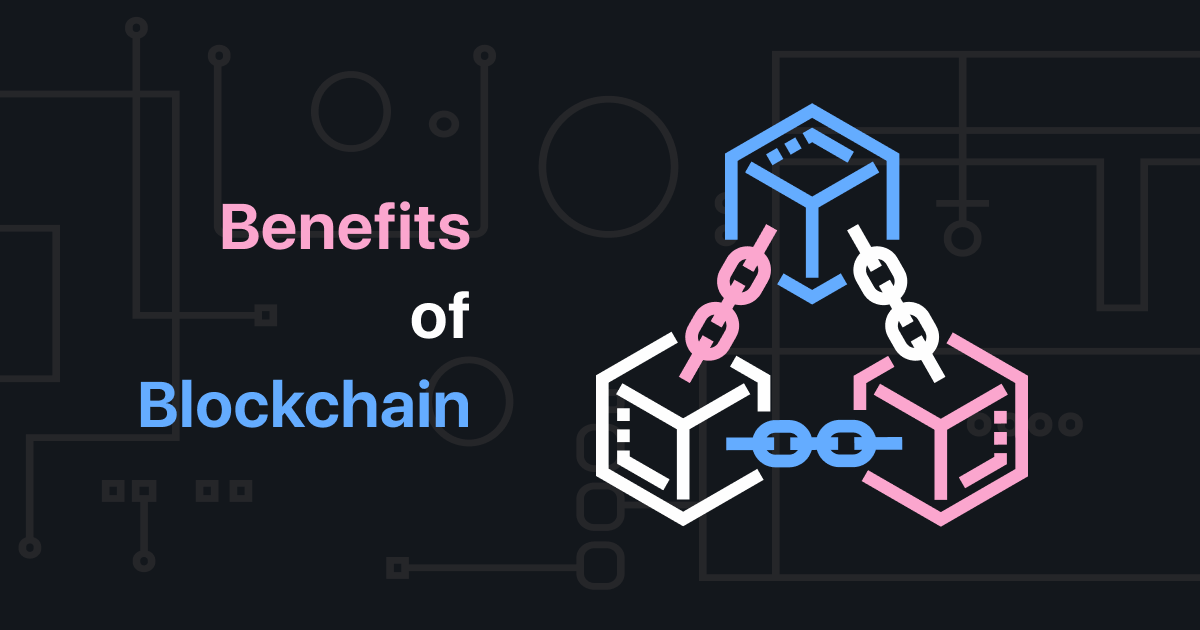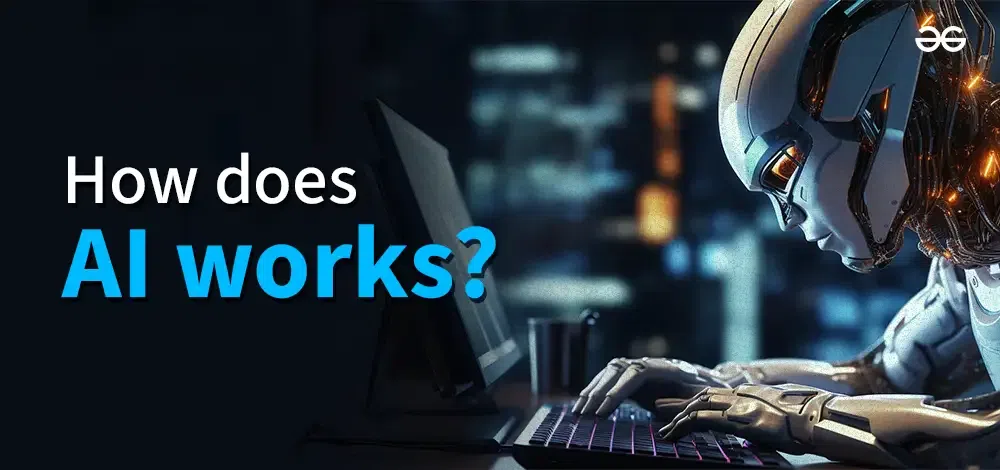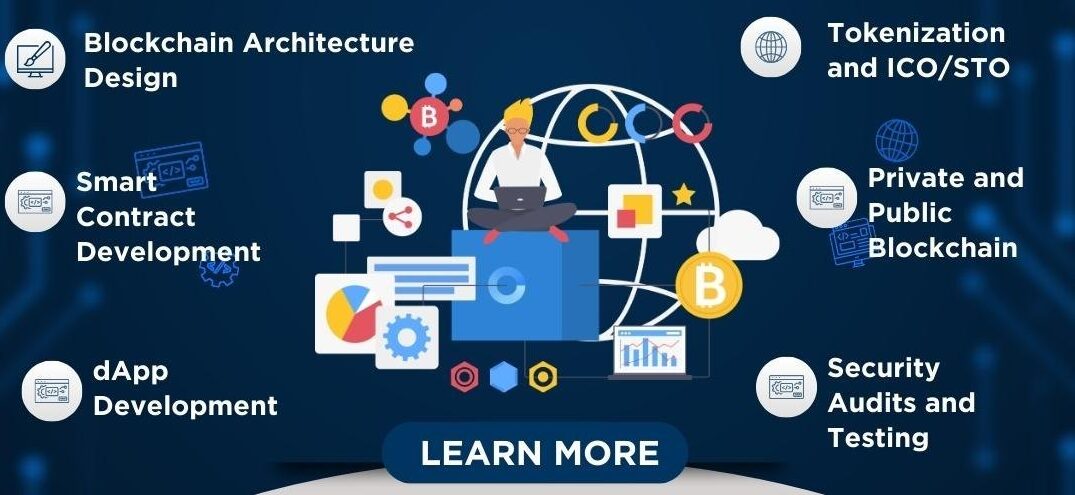Blockchain is often associated with cryptocurrencies like Bitcoin, but its real power lies beyond digital currency. From finance and supply chains to retail, healthcare, and government, blockchain is reshaping the way data is stored, verified, and exchanged.
In this blog, we’ll demystify how blockchain works and explore how it’s revolutionizing multiple industries.
Blockchain is a decentralized, distributed ledger technology that securely records transactions across multiple systems so that the record cannot be changed retroactively without altering all subsequent blocks.
Each transaction is stored in a “block,” and once verified, that block is added to a chronological “chain.” The system is: Secure, Immutable, Transparent, Decentralized
How Blockchain Works (Simplified)
- Transaction Is Complete – It’s visible across the network but cannot be changed without consensus.
- A Transaction Is Requested – Example: A payment or product movement.
- The Transaction Is Broadcasted – It is sent to a network of computers (nodes).
- Validation by Nodes – The network validates the transaction using algorithms (Proof of Work, Proof of Stake, etc.).
- A New Block Is Created – Once validated, the transaction is grouped into a block.
- Block Is Added to the Chain – The block is added permanently and linked to the previous one — forming a chain.
Key Benefits of Blockchain Technology
1. Security & Trust
- Data is encrypted and immutable.
- Eliminates the need for intermediaries.
- Reduces fraud, hacks, and unauthorized access.
🔍 2. Transparency & Traceability
- Every transaction is logged and viewable on the ledger.
- Ideal for supply chains and audit trails.
⚡ 3. Operational Efficiency
- Automates transactions and processes via smart contracts.
- Cuts out redundant paperwork and intermediaries.
- Real-time updates across the network.
💸 4. Cost Reduction
- Optimizes resources in procurement, logistics, and data sharing.
- Reduces fees by removing middlemen (e.g., banks, notaries).
Blockchain Across Industries
1. Finance & Banking
- Instant international payments
- Smart contracts for loan processing
- Fraud-proof KYC & AML compliance
Example: RippleNet for cross-border payments
🛒 2. Retail & eCommerce
- Authenticity checks (anti-counterfeit)
- Transparent supply chain (from farm to store)
- Loyalty programs and crypto-based payments
Example: Walmart uses blockchain to track food safety.
🚚 3. Supply Chain & Logistics
- Real-time shipment tracking
- Inventory verification
- Automated customs clearance
Example: IBM & Maersk built TradeLens to digitize global trade logistics.
🏥 4. Healthcare
- Secure patient records
- Transparent clinical trials
- Medicine authenticity checks
Example: Medicalchain for decentralized health records
🏛️ 5. Government & Public Services
- Transparent tendering and procurement
- E-voting systems
- Digital identity verification
Example: Estonia uses blockchain for public record keeping.
🏘️ 6. Real Estate & Legal
- Smart contracts for property deals
- Transparent land records
- Fraud prevention in legal agreements
🌿 7. Agriculture & Sustainability
- Farm-to-table visibility
- Food origin verification
- Monitoring CO2 emissions and carbon credits
Bonus: Blockchain + AI
When combined with AI, blockchain enables:
- Decentralized AI marketplaces
- Trusted AI Decisions (verifiable data)
- AI auditability
Conclusion
Blockchain is not just a buzzword or a crypto fad. It’s a foundational technology driving transparency, trust, and automation across virtually every sector. As businesses seek resilience, agility, and cost-efficiency, blockchain will play an ever-growing role in digital transformation.





